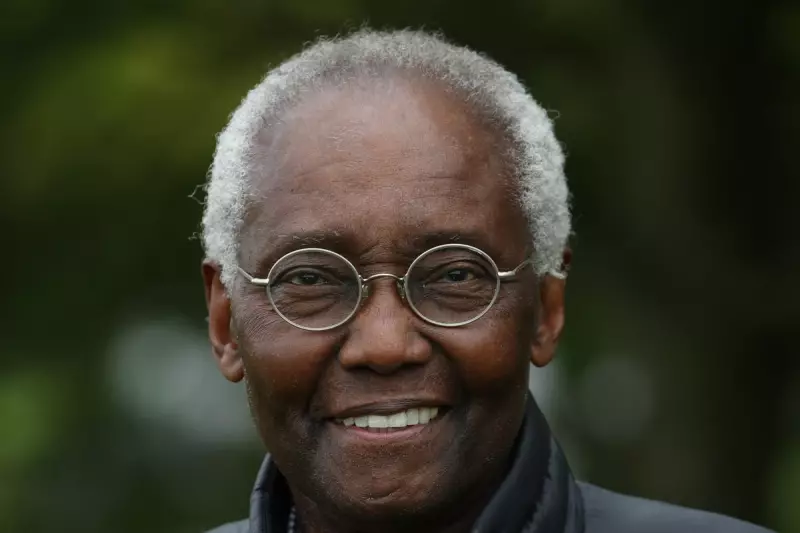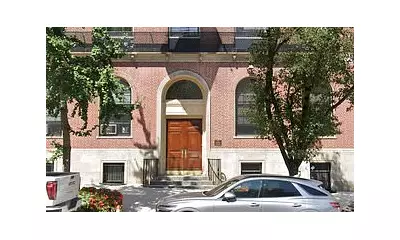
In a powerful act of recognition, Heriot-Watt University has conferred an honorary doctorate on Fiona McLeod, a prominent legal professional and granddaughter of Windrush generation immigrants, who was previously denied home student status in the UK despite her British citizenship.
From Rejection to Recognition
The Edinburgh-based institution honoured Ms McLeod during its winter graduation ceremonies, celebrating her distinguished legal career and advocacy work. The award carries particular significance given her personal experience with Britain's immigration system.
"Being awarded this honorary doctorate is particularly poignant for me," Ms McLeod revealed. "When I finished school, I was classed as an overseas student because my mother wasn't born here, despite me being born in Britain and holding a British passport."
The Windrush Legacy
Ms McLeod's grandparents were among the Windrush generation who arrived in Britain from Jamaica during the 1950s. Her mother was just seven years old when she made the journey to the UK, yet this family history would later create unexpected barriers for Ms McLeod's educational aspirations.
The situation meant she couldn't afford to pursue her initial choice of university, instead completing her studies in Scotland where different fee regulations applied.
A Distinguished Legal Career
Despite these early obstacles, Ms McLeod forged an impressive career in law, becoming a partner at a major Scottish law firm and serving as the 12th female president of the Glasgow Bar Association. Her professional achievements stood in stark contrast to the bureaucratic challenges she faced as a young student.
"It's a reminder that talent exists everywhere, but opportunity doesn't," she noted, reflecting on her journey.
Institutional Response
Professor Richard A. Williams, Principal and Vice-Chancellor of Heriot-Watt University, praised Ms McLeod as "an inspiration" and emphasised the university's commitment to recognising exceptional individuals who overcome significant challenges.
The ceremony highlighted ongoing conversations about accessibility in higher education and the continuing impact of immigration policies on British citizens from diverse backgrounds.
This honorary doctorate serves as both personal vindication for Ms McLeod and a symbolic gesture toward addressing historical inequities in the education system.





